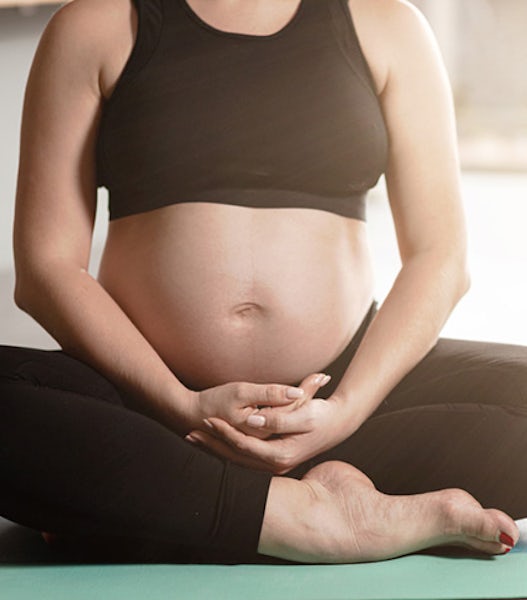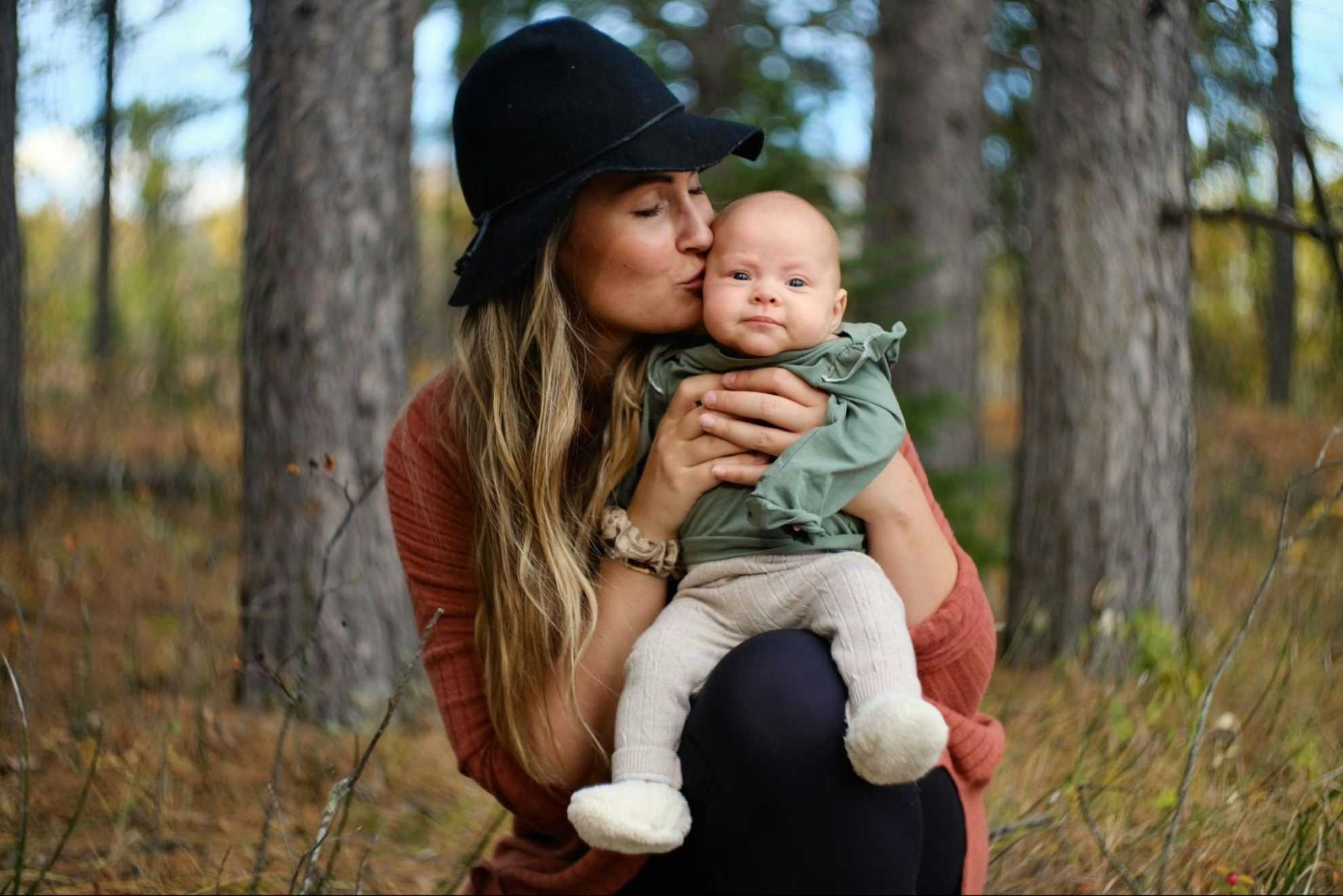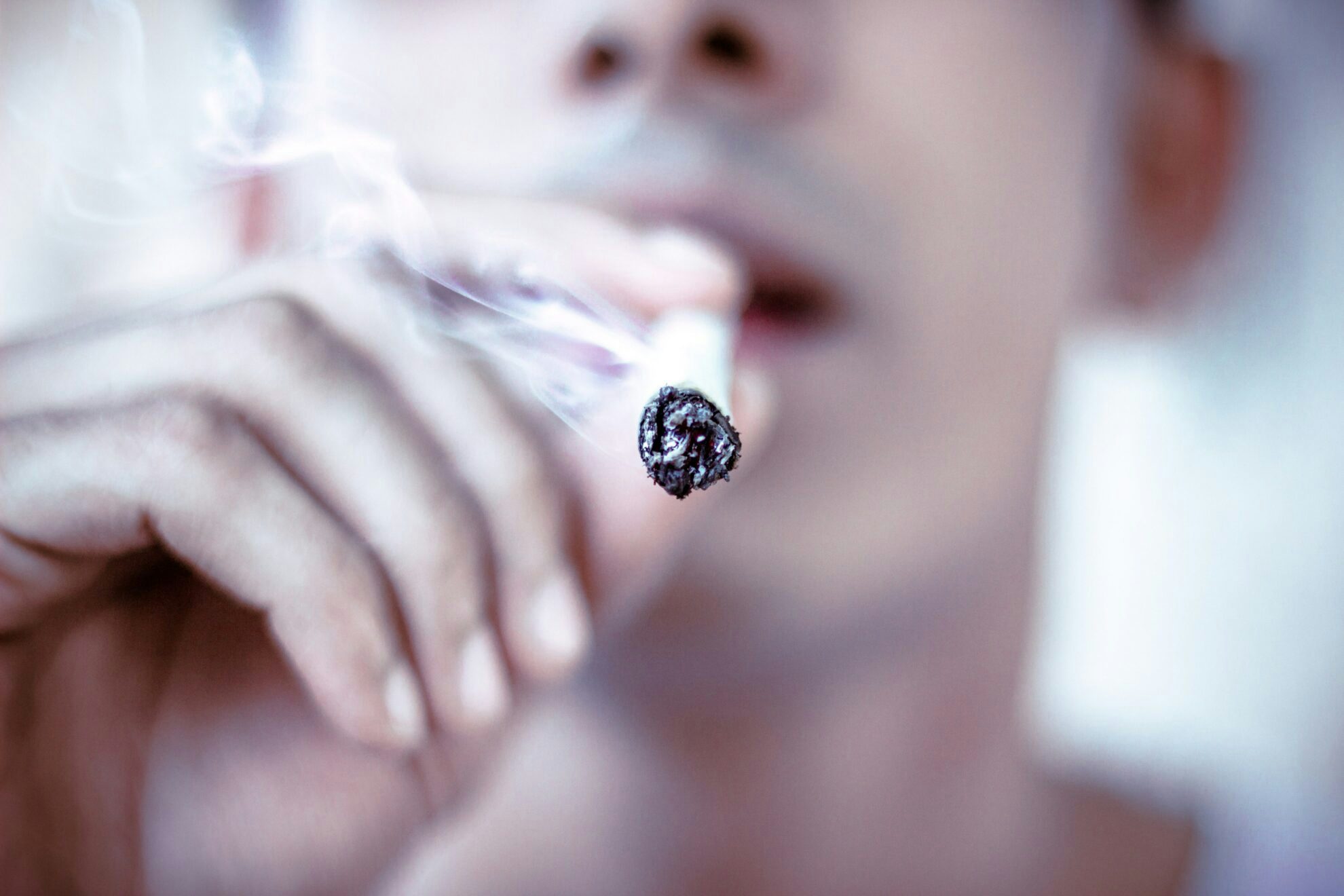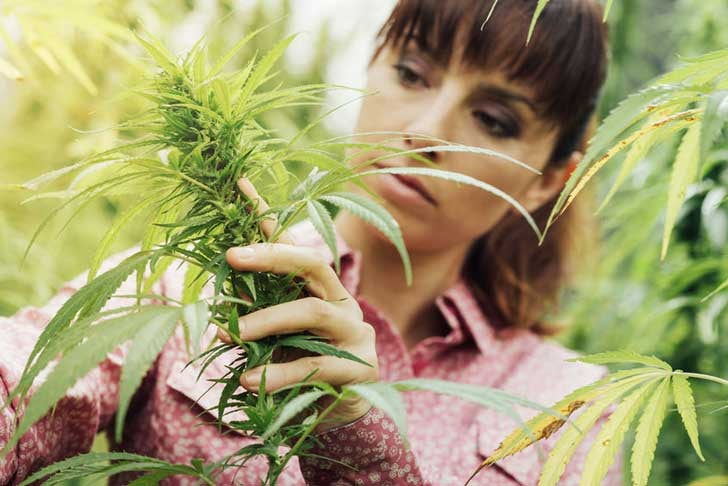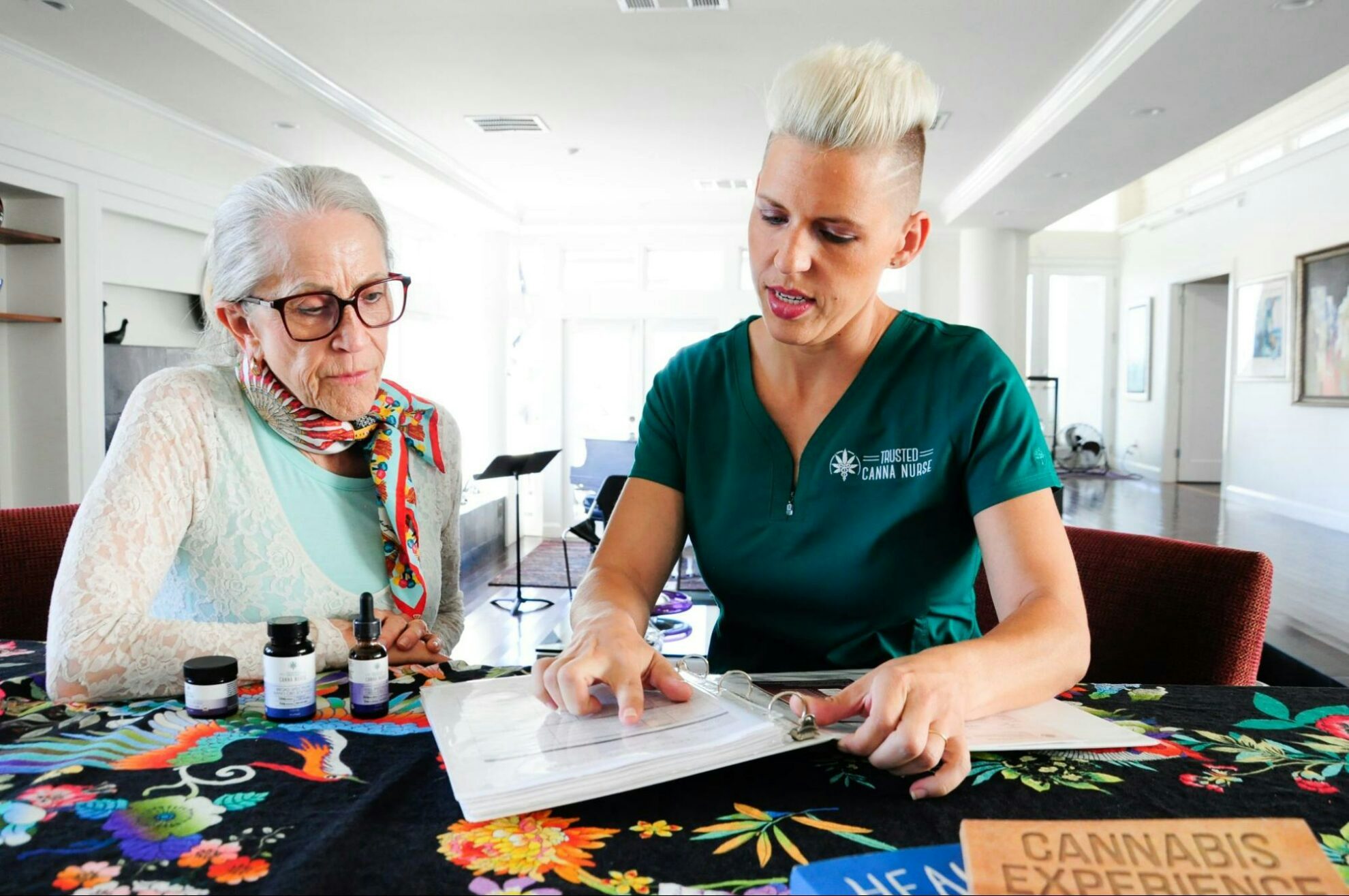Pregnancy is both a time of great joy and one where extra caution is taken by expectant mothers to avoid causing harm to the developing fetus. Certain foods like unpasteurized milk and sushi are off-limits, as are many prescription medications. Even complementary therapies like massage and acupuncture are contraindicated in the first three months of pregnancy. But what about cannabis, medical or otherwise?
Medication and Pregnancy
With 55% of Americans taking prescription medicines, a significant number of pregnant women also almost certainly take medication prescribed by their doctor. Most medicines cross the placenta, reaching the fetus, so it’s vital that any medication is safe, both for the mother and her developing baby. However, for ethical reasons, very few if any clinical trials study pharmaceutical drug safety during pregnancy.
Consequently, according to the Food & Drug Administration, a limited number of drugs are approved for use during pregnancy. Fear surrounding giving pharmaceutical drugs to pregnant women was heightened after the drug thalidomide, prescribed to control pregnancy sickness, caused birth defects in babies. And only a decade ago, women taking ACE inhibitors to manage high blood pressure in early stages of pregnancy, were more likely to have babies with heart and nervous system problems.
It’s understandable then that many questions surround the use of cannabis and pregnancy, and so far there are no definitive answers.
Cannabis and Pregnancy
Cannabis is used worldwide both as a recreational drug and increasingly as a medicine. With 26 countries and counting legalizing cannabis for medicinal use, questions are being asked about whether it’s safe for cannabis to be used during pregnancy.
One of the most common indications for medical cannabis is chemo-induced vomiting and nausea, due in part to the antiemetic qualities of Tetrahydrocannabinol (THC), the main psychoactive compound in cannabis. Seeing as nausea and vomiting is experienced by between 70% and 80% of women in pregnancy, it would make sense that medical cannabis containing THC would be prescribed to pregnant women.
In fact, one state-wide study in Colorado found that 69% of cannabis dispensaries recommended cannabis for pregnancy sickness during the first trimester, with the majority basing their recommendation on personal opinion and 36% saying cannabis was safe during pregnancy.
What’s the problem with that, you might ask? The fact is, very little is known about how cannabis affects fetus development, with most research either carried out on animals or on pregnant women who have smoked cannabis, often mixed with tobacco.
In January 2020, the state of California’s Office of Environmental Health Hazard Assessment added cannabis smoke and THC to the list of “naturally occurring and synthetic chemicals that are known to cause cancer or birth defects or other reproductive harm.”The state’s Developmental and Reproductive Toxicant Identification Committee (DARTIC), stated that cannabis smoke and THC “were shown to cause reproductive toxicity based on the developmental endpoint.”
Cannabis, the Endocannabinoid System, and Pregnancy
As a rule, patients taking medical cannabis instead of pharmaceutical drugs such as opioids, experience far fewer unpleasant side effects. But that’s not to say that cannabis doesn’t create some important biochemical changes in the body.
Key to this is the interaction between compounds in cannabis, in particular, THC, with the body’s endocannabinoid system (ECS). Made up of receptors in the brain and central nervous system (CB1) and the immune system (CB2), which are activated by endogenous cannabis-like compounds which are incidentally found in mother’s breast milk, the ECS is known as a homeostatic regulator, bringing balance across all biological function.
The ECS plays a key role in the development of the fetus, including neurotransmitter systems and neuronal proliferation, with CB1 receptors appearing from as early as 14 weeks.
The fact that THC binds with CB1 receptors in the brain and central nervous system and can pass from the mother through the placenta to the developing fetus, throws up all sorts of questions about how this could affect the development of an unborn baby.
Conclusive evidence about the potential dangers of taking cannabis during pregnancy is scarce.
Cannabis Safety During Pregnancy: The Evidence
One meta-analysis review measuring fetal, neonatal, and maternal outcomes up to six weeks after birth, concluded that THC exposure during pregnancy caused lower birth weight and a greater chance of admitted to a neonatal unit. Conversely, another study said cannabis use during pregnancy posed no additional risk and that any adverse outcomes were most probably due to the tobacco it was mixed with. Concern has also been voiced about the long-term effects of prenatal cannabis exposure, with a number of studies pointing towards developmental issues such as cognitive functioning and behavioral problems in children whose mothers consumed cannabis during pregnancy.
However, these studies have focused on recreational cannabis use. While no information about cannabinoid levels is available, it can be assumed that the subjects had consumed high-THC strains of cannabis, which this isn’t necessarily the case in medical cannabis.
Depending on the health condition, many patients are prescribed CBD dominant cannabis-based medicines, which almost certainly will not affect the fetus in the same way. That’s because cannabidiol (CBD) does not activate CB1 receptors in the brain and central nervous system. That said, there is currently no scientific data available on the effects of using CBD during pregnancy.
However, regardless of the strain and cannabinoid ratio, the official position by The American College of Obstetricians and Gynecologists (ACOG) is that “women who are pregnant or contemplating pregnancy should be encouraged to discontinue marijuana use.” With regards to medical cannabis use, the ACOG advisory opinion states that “[p]regnant women or women contemplating pregnancy should be encouraged to discontinue use of marijuana for medicinal purposes in favor of alternative therapy for which there are better pregnancy-specific safety data.”
Cannabis and Breastfeeding
But what about smoking marijuana and breastfeeding? Is it safe? Again the ACOG errs on the side of caution stating: “There are insufficient data to evaluate the effects of marijuana use on infants during lactation and breastfeeding, and in the absence of such data, marijuana use is discouraged.”
How long does THC stay in breast milk? All studies so far have been carried out on the psychotropic compound, THC, which can be found in breast milk up to six weeks after use. Evidence is scant whether this poses any risk for the baby, although one study found that daily use may slow a baby’s motor development but not cause a cognitive delay.
The legality of Using Cannabis During and After Pregnancy
Unless you live in one of the few countries in the world where recreational cannabis use is legal, smoking cannabis containing THC during pregnancy or after birth could have serious legal implications if you are caught — both for you and your child.
If you are a medical cannabis patient and have a prescription from a doctor, this should mean you are exempt from any legal issues. However, if you are using cannabis for medical reasons and live in a country where its use is illegal, or you don’t have a medical cannabis prescription, the authorities/child services could become involved if it becomes known you are consuming cannabis, even if it is for medical purposes.
Pregnant and Using Medical Cannabis?
If you are a medical cannabis patient and have found out you are pregnant, you should immediately discuss your cannabis-based medicine with both your prescribing doctor and obstetrician. If you are taking a THC dominant medication, you could discuss with your doctor whether to adjust the dose or cannabinoid ratio, changing to a CBD-rich strain.
For pregnant mums who are taking medical cannabis but not under the care of a prescribing doctor, a good resource is CannaMommy. They offer free 20-minute consultations with board-certified registered nurses and legal advice should there be an issue with child protection services.
Sign up for bi-weekly updates, packed full of cannabis education, recipes, and tips. Your inbox will love it.

 Shop
Shop Support
Support